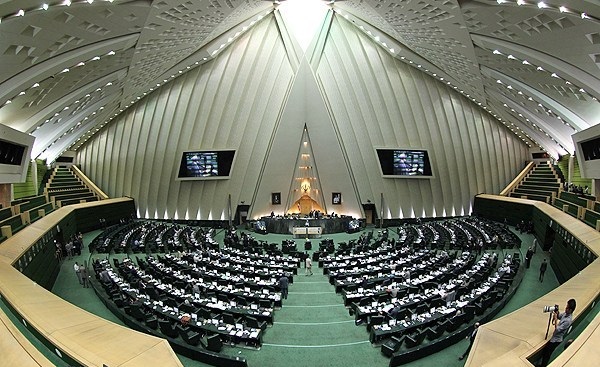The mandatory hijab law has reached startups, After the approval of the open session of the Islamic Consultative Assembly (the Iranian parliament) on August 22nd, following the examination of the Hijab and Chastity Bill based on Article 85 of the Constitution, this bill, initially sent by the judiciary to the government as a 9-article text, was restructured into 15 articles and submitted to the parliament.
According to IDEA, after the receipt of this bill was announced, the Speaker of the Parliament referred it to the Legal and Judicial Commission. However, after the commission’s review, a report on the bill, consisting of 71 articles, was presented to the open session, and the representatives, upon the request for consideration of this bill as Article 85, also approved it by the specialized judicial commission.
Today, after the completion of the review of this report in the Judicial and Legal Commission and its referral to the open session, the representatives agreed to the experimental implementation of this law for a period of 3 years.
With the approval of this bill, however, what happened was that digital platforms and startups also have specific requirements under this bill.
This comes at a time when in recent months, three startups, including Taaghche, Digikala, and Azki, had been temporarily shut down due to the publication of personal photos of their staff in the virtual space.
According to Article 42 of the Chastity and Hijab Bill, all online platforms that in any way promote or advertise immodesty, unveiledness, or impropriety are subject to financial and non-financial penalties.
According to Article 42 of this bill, all user-centric platforms are obliged to implement content moderation mechanisms in accordance with the decisions of the Supreme Council of Cyberspace and the Regulatory Authority for Audio and Visual Media (SATRA). According to these decisions, platforms and startups must prevent the dissemination of content promoting or advocating immodesty, unveiledness, or impropriety. Furthermore, in the event of the publication of such content, they must remove it within a maximum of 12 hours.
Additionally, according to this bill, any shortcomings in the implementation of these decisions by platforms will result in the removal of immodest content by the platforms themselves within 24 hours. They will also send the case to the judicial authorities for determination.
Hijab violations for startups
However, this is not the whole story; these platforms, in case of non-compliance with the laws, will also face financial penalties. According to this bill, a violative platform must pay a fine ranging from three to ten percent of its revenue as a penalty and will be banned from advertising for a period of one to three months. In case of repeated violations, the percentage of the fine will increase to seven to fifteen percent of the profit, and advertising will be prohibited. This bill was passed at a time when many platforms and startups have not yet reached profitability.




No Comment! Be the first one.